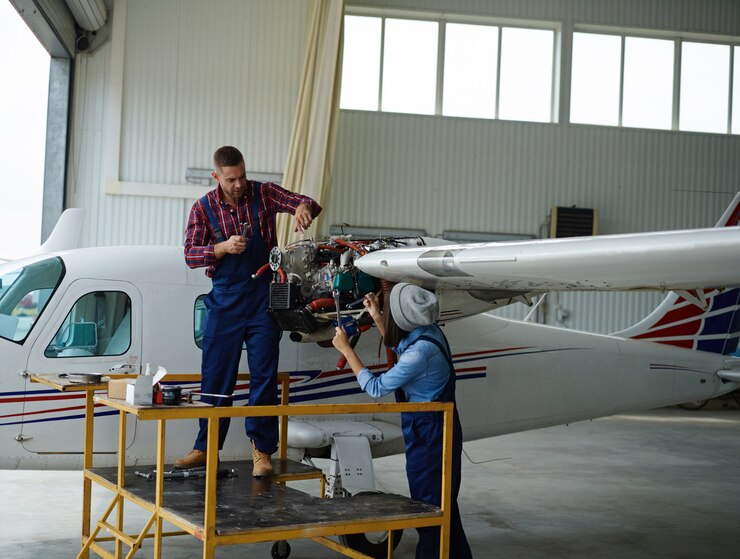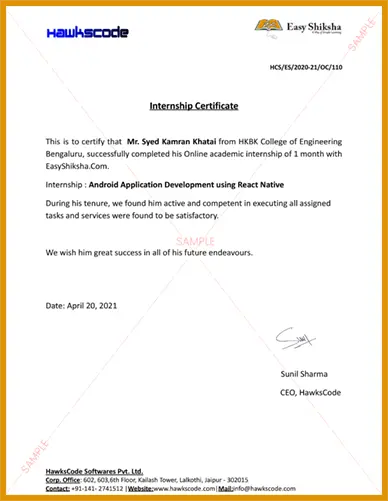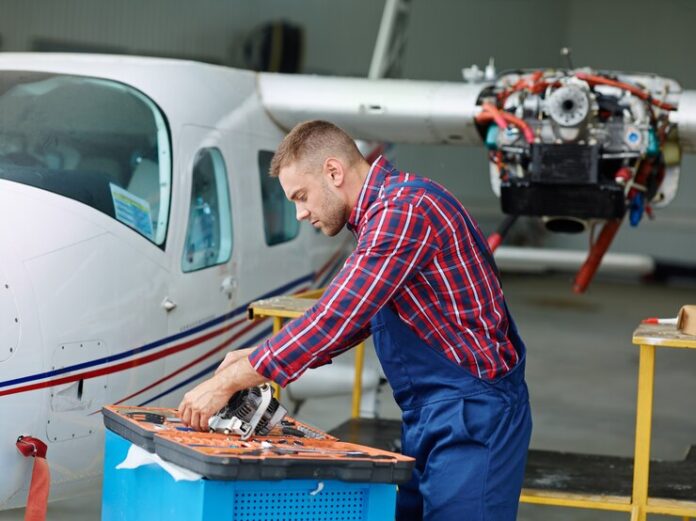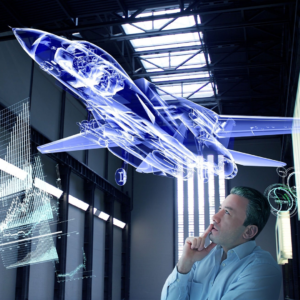Aerospace engineering stands at the intersection of innovation and technology, shaping the future of air and space travel. As a discipline that focuses on the design, construction, and science of aircraft and spacecraft, aerospace engineering requires a specialized skill set that blends theoretical knowledge with practical application. In this article, we will explore the transformative training available in aerospace engineering and how it prepares students for a thriving career in this exciting field.
Top Courses in Aerospace Engineering
More Courses With Certification
The Significance of Aerospace Engineering Training
As the aerospace industry evolves, driven by advancements in technology and an increasing emphasis on sustainable practices, there is an urgent need for highly skilled engineers. Training programs in aerospace engineering play a crucial role in bridging the skills gap and ensuring that graduates are equipped with the latest knowledge and competencies. Here are some key reasons why enrolling in an aerospace engineering training program is essential:
1. Meeting Industry Demand
The aerospace sector is experiencing rapid growth, with increasing investments in research and development. This expansion has led to a high demand for qualified aerospace engineers who can contribute to innovative projects, from commercial aviation to space exploration.
2. Comprehensive Skill Development
Aerospace engineering encompasses various sub-disciplines, including aerodynamics, materials science, propulsion, and systems engineering. Training programs provide a holistic education, allowing students to develop a broad range of skills applicable across different aerospace projects.
3. Practical Learning Experience
Quality aerospace training programs emphasize hands-on learning through laboratory work, simulation exercises, and real-world projects. This experiential approach allows students to apply theoretical concepts in practical settings, fostering a deeper understanding of complex systems.
4. Contribution to Technological Innovation
Aerospace engineers are at the forefront of technological advancements. By participating in training programs, students become part of an innovative community dedicated to pushing the boundaries of what is possible in aviation and space exploration.
Core Components of Transformative Aerospace Engineering Training
When considering an aerospace engineering training program, it is vital to look for key components that ensure a comprehensive and effective educational experience:
1. Foundational Coursework
Students can expect to cover essential topics such as:
- Aerodynamics: Understanding airflow and its effects on aircraft performance.
- Propulsion Systems: Exploring the principles of engines and propulsion technologies used in aerospace applications.
- Structural Mechanics: Learning about the materials and structural design principles necessary for safe and efficient aerospace systems.
2. Specialization Opportunities
Many training programs offer areas of specialization, allowing students to tailor their education to their interests. Common specializations include:
- Avionics Engineering: Focusing on the electronic systems used in aircraft and spacecraft.
- Spacecraft Design: Exploring the engineering challenges associated with designing and launching spacecraft.
- Unmanned Aerial Systems (UAS): Studying the technologies and regulations surrounding drones and autonomous flight systems.

3. Capstone Projects and Research Opportunities
Capstone projects serve as a culminating experience for students, allowing them to apply their knowledge to real-world challenges. Research opportunities enable students to contribute to ongoing projects, fostering collaboration with faculty and industry experts.
4. Internships and Industry Collaboration
Partnerships with aerospace companies provide students with valuable internship opportunities. These experiences allow students to gain practical insights into the industry, build professional networks, and enhance their employability upon graduation.
Career Prospects in Aerospace Engineering
Graduates of aerospace engineering training programs can pursue diverse career paths in various sectors, including:
- Aerospace Engineer: Designing, testing, and evaluating aircraft and spacecraft.
- Systems Engineer: Overseeing the integration of complex aerospace systems and ensuring their performance.
- Propulsion Engineer: Developing and testing propulsion systems for various aerospace applications.
- Flight Test Engineer: Conducting flight tests to gather data on aircraft performance and safety.

Internship/Training with universally recognized certificates accepted by all Universities and Industries
Join over 1,00,000 students from 300+ universities who have already completed internships with EasyShiksha and are now employed at leading MNCs.
"Unlock Your Potential, Forge Your Path"
Explore MoreThe Role of easyshiksha.com
For aspiring aerospace engineers, easyshiksha.com serves as a valuable resource for finding quality training programs. The platform provides comprehensive information on various courses, institutions, and career pathways in aerospace engineering, helping students make informed decisions about their education.
FAQs: Frequently Asked Questions
Q1. What is aerospace engineering?
Aerospace engineering is a field of engineering that studies the design, development, testing, and manufacture of airplanes and spacecraft. It encompasses various disciplines, including aerodynamics, materials science, and propulsion.
Q2. Why should I enroll in an aerospace engineering training program?
Enrolling in an aerospace engineering training program provides you with the essential skills and knowledge required to succeed in a growing field. It also offers hands-on experience and industry exposure, enhancing your employability.
Q3. What career opportunities are available for aerospace engineering graduates?
Graduates can pursue various roles, including aerospace engineer, systems engineer, propulsion engineer, and flight test engineer, among others in the aerospace sector.
Q4. Are internships included in aerospace engineering training programs?
Yes, many aerospace engineering programs offer internships or collaborative opportunities with industry partners, allowing students to gain practical experience.
Q5. How does easyshiksha.com assist students in finding aerospace engineering courses?
Easyshiksha.com provides a comprehensive directory of aerospace engineering training programs, offering information about course content, institutions, and career paths to help students make informed decisions.
Related Article: Step into the AI Revolution: Transformative Training Opportunities
Get Courses: electrical engineering course
Conclusion
In conclusion, transformative training in aerospace engineering equips students with the knowledge and skills necessary to thrive in a rapidly evolving industry. With a blend of theoretical learning, hands-on experience, and industry collaboration, graduates are well-prepared to tackle the challenges of modern aerospace projects. As the demand for skilled professionals continues to grow, pursuing an aerospace engineering training program is a strategic step toward a rewarding and impactful career in aviation and space exploration.
For more information on aerospace engineering training programs and to explore your options, visit easyshiksha.com.




































































